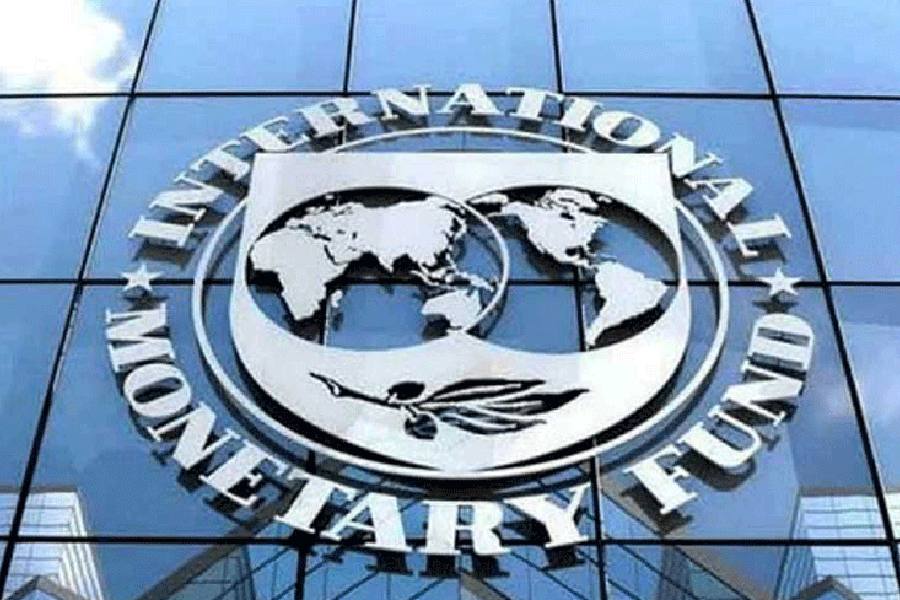Pakistan has assured the IMF that despite initial delays, it remained hopeful of Chinese debt rescheduling and receiving oil from Saudi Arabia on deferred payments to fill the USD 5 billion external funding gap.
Pakistan's hopes are rooted in the assurances that the executive directors of China and Saudi Arabia gave to the International Monetary Fund (IMF) board at the time of approval of the USD 7 billion bailout package, The Express Tribune reported on Thursday.
The IMF is considering reverting to a three-month review schedule of the USD 7 billion bailout package after seeing early slippages, but the Pakistani authorities insist that no final decision has so far been taken, said another report from The Express Tribune.
During an unscheduled visit of the IMF mission here on Wednesday, the government also requested the international lender to review its condition on drastically amending the Pakistan Sovereign Wealth Fund (PSWF) law by end of December.
The IMF, however, remained non-committal on Wednesday on the request.
Sources said that the IMF took a briefing on the external financing commitments, which are necessary to fill the USD 5 billion funding gap from 2024 to 2027.
Pakistan assured that China's Exim Bank would rollover USD 3.4 billion project debt and Saudi Arabia will provide a USD 1.2 billion facility.
The executive directors of these countries had directly given assurances to the IMF board and Islamabad hoped that these transactions would materialise soon.
However, so far there are no significant developments on both the issues, although China has engaged with the government.
Out of a total USD 5 billion external financing gap for the 2024-27 periods, USD 2.5 billion is estimated for this fiscal year.
At the time of the USD 7 billion package, Pakistan had anticipated raising USD 3.2 billion against the USD 2.5 billion in debt needs.
This included a USD 1.2 billion Saudi oil facility.
Out of the USD 3.4 billion rescheduling request to China's Exim Bank, roughly USD 750 million is due in the next 11 months; with the rescheduling factored into the external financing calculations.
Meanwhile, the Pakistani authorities told the IMF about the required amendments – to be carried out by end of December -- in the PSWF Act, which is a commitment under the IMF deal.
It is aimed at ending the secrecy in its fiscal and governance affairs and banning the direct sale of assets to foreign nations.
The Pakistan Democratic Movement (PDM) government (2022-23) had enacted the PSWF Act to transfer shares of seven profitable government entities in the first phase and then sell them overseas to raise money.
Currently, the IMF is empowered to handle the sale and purchase of domestic and foreign equity securities, debt securities, derivatives, commodities, and other financial assets.
It can also enter into an agreements as a private party or implementing agency in Public-Private Partnerships, and it can acquire, own, sell, or transfer any tangible and intangible, movable or immovable assets.
The existing law permits the sovereign fund to participate in the privatisation process to acquire ownership of state-owned enterprises or provide financial advisory services in the privatisation process.
However, after the new amendments, all these rights will be terminated.
Except for the headline, this story has not been edited by The Telegraph Online staff and has been published from a syndicated feed.










